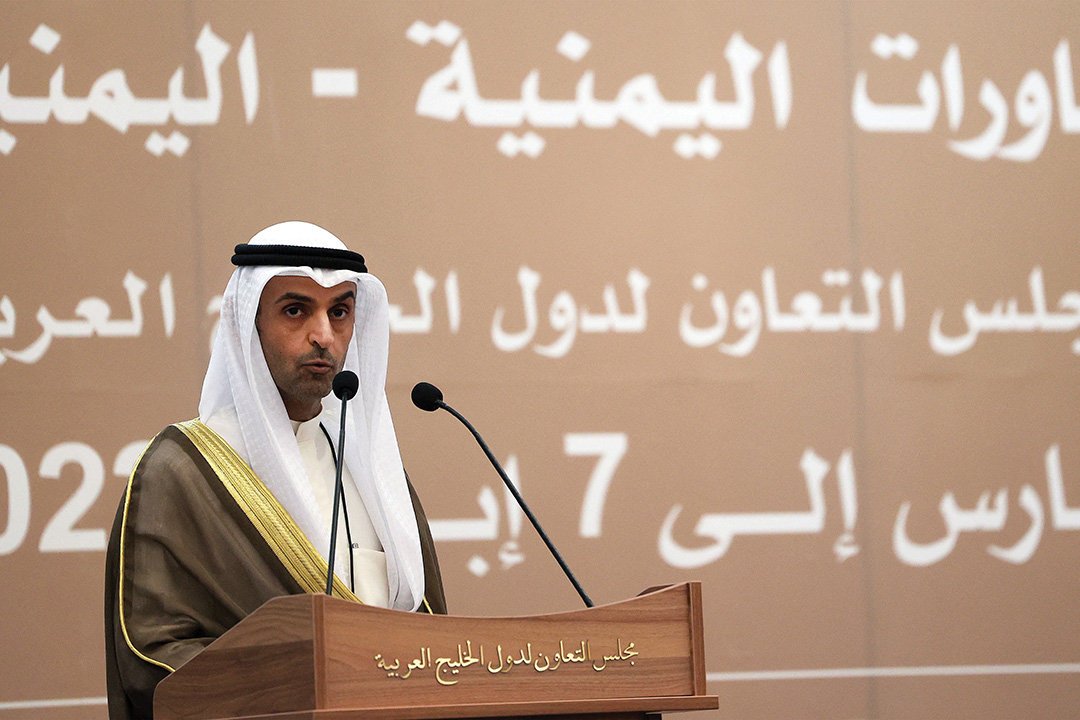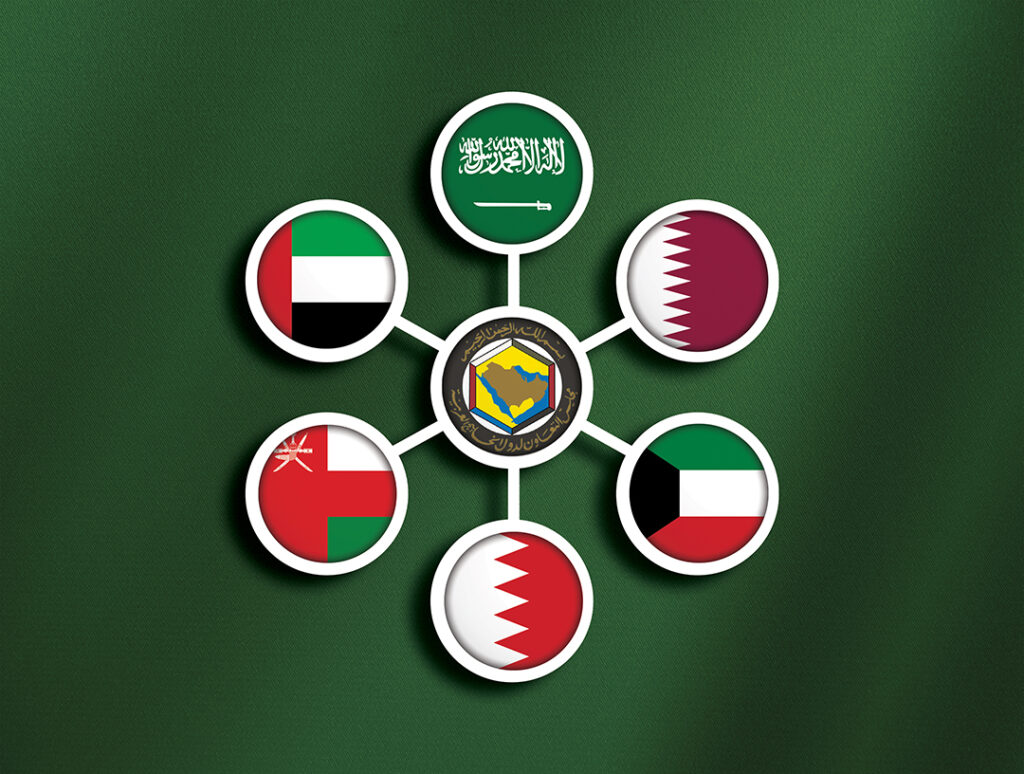DR. NAYEF AL HAJRAF, then-SECRETARY-GENERAL, COOPERATION COUNCIL FOR THE ARAB STATES OF THE GULF
Throughout history, the Middle East has been a region with great initiatives, yet with major and ongoing conflicts. I would like to focus on one great initiative that was introduced and implemented more than 42 years ago, the establishment of the Cooperation Council for the Arab States of the Gulf, known as the GCC.
On May 25, 1981, the GCC was established by its six member states — the United Arab Emirates, Kingdom of Bahrain, Kingdom of Saudi Arabia, State of Oman, State of Qatar and State of Kuwait. They formed a cooperative framework to address mutual security and prosperity and to enhance brotherly relations among member states and their people.
Over the last 42 years, the GCC has shown a great ability to deal with challenges and threats as well as maintain a stabilizing role in the region and the world. This has extended from the Islamic Revolution in Iran to the Iraqi invasion of Kuwait, from the Afghan war to the so-called Arab Spring. Despite these challenges and more, the GCC remains resilient and maintains its constructive role with the international community for maximum cooperation and advocates for peace, dialogue and prosperity.
Over these decades, the GCC contributed greatly to the world economy, not only by maintaining undisrupted supply of energy, but also by stabilizing the world energy market.

Regarding the Iranian nuclear deal, known as the Joint Comprehensive Plan of Action (JCPOA) of 2015, the GCC demanded that any new regional security architecture should consider the interests of all to meet the desire for stability in the region.
It is extremely important that Iranian behavior to destabilize the region — the Iranian nuclear program, ballistic missiles and Iran’s support to the Houthis and other regional militias — should be addressed. The Vienna talks should not be limited to the JCPOA, but should address all of the above.
In this regard, I would like to quote President of the European Commission Ursula von der Leyen from her keynote speech at the Manama Dialogue security conference of 2022:
“Several Gulf countries have been warning for years about the risk that Iran feeds drones to rogue groups around the world. It took us too long to understand a very simple fact: That while we work to prevent Iran from developing nuclear weapons, we must also focus on other forms of weapons proliferation, from drones to ballistic missiles. It is a security risk not just for the Middle East but for all of us.”
When it comes to great initiatives, the GCC will always be part of the solution. A platform like the Manama Dialogue is what the world needs. We need to share ideas and thoughts. We need to identify common challenges and create better understanding. We need to commit to collective effort. We need to fulfill our moral and social obligations toward future generations. So let us wait no more; there is no better time than now.

